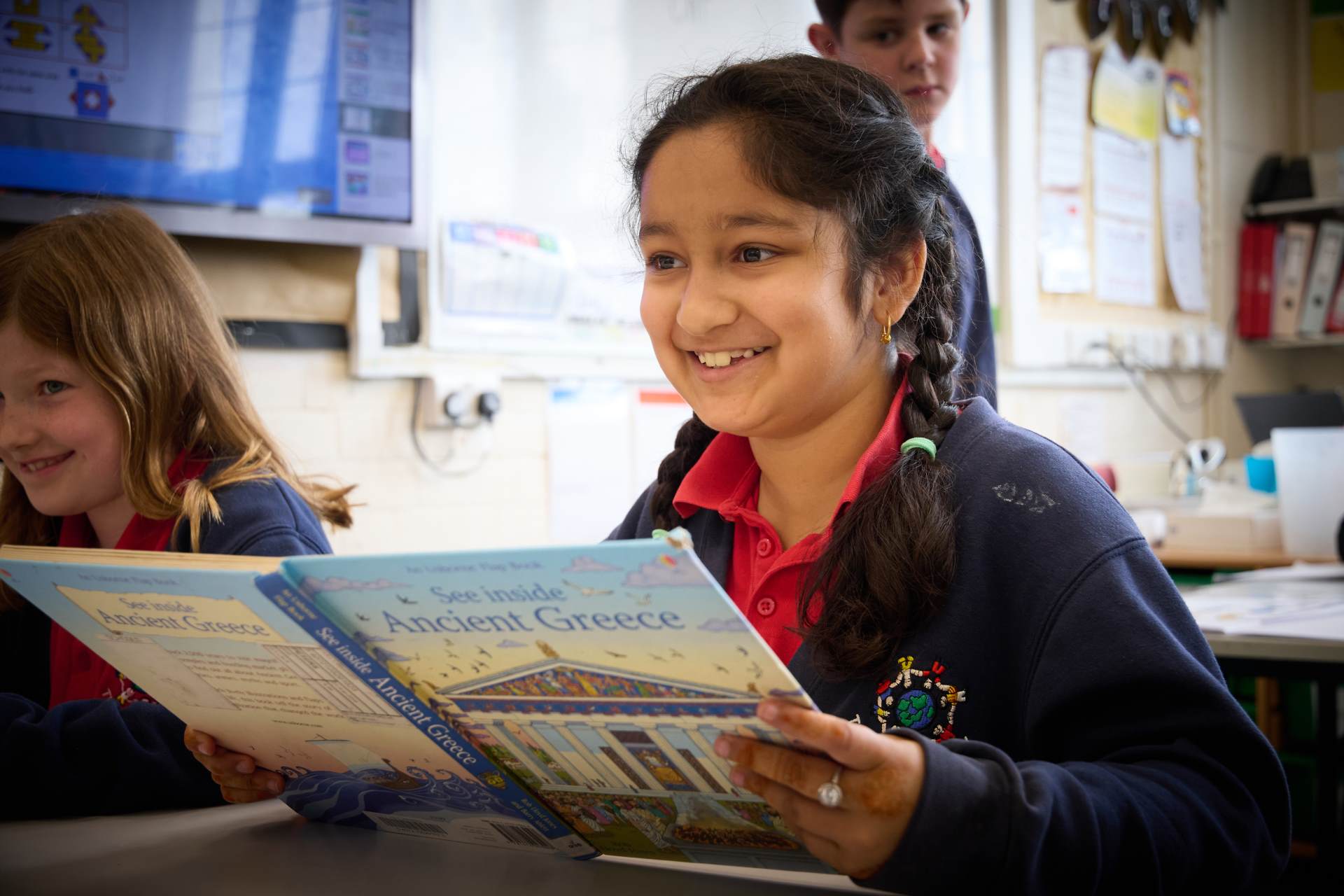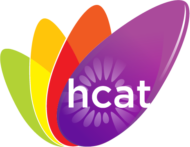History

Curriculum Intention
Our aim is to provide the highest quality history education that gives pupils a rich dialogue with the past and the traditions of historical enquiry. We know that history can help pupils become curious, understand their place in the world and make sense of the similarities and differences in diverse human experiences across time and place.
At Thoresby, our history curriculum is evidence- led from sources that include the Education Endowment Fund, the Historical Association and the 2021 Ofsted Curriculum Research Review.
Knowledge-led curriculum
In order for pupils to construct their own historical arguments they need to;
- have an in-depth knowledge of past events and periods in history
- be able to ask questions, be curious about others’ viewpoints and consider how evidence has been gathered
We therefore give equal weighting to building their substantive knowledge (about what has happened) and disciplinary knowledge (how the past has been studied, historical claims, arguments and accounts).
We follow the National Curriculum in what to teach and draw from research about enquiry learning approaches in how to teach it. The content is carefully constructed and sequenced in a systematic way, taking into account the themes, concepts and skills required and the local context to which our pupils belong.
Rationale for the History curriculum at Thoresby
The curriculum design (how we have selected the content and when it is taught) gives;
- pupils a ‘sense’ of a period – hence pauses at a specific era
- ample opportunities to build mental timelines so eras can be put into context and connect events developing chronological knowledge
- meaningful examples and repeated encounters to help pupils remember the knowledge that is important to their future learning
- opportunities to develop their own historical narratives and internal frameworks for their knowledge.



